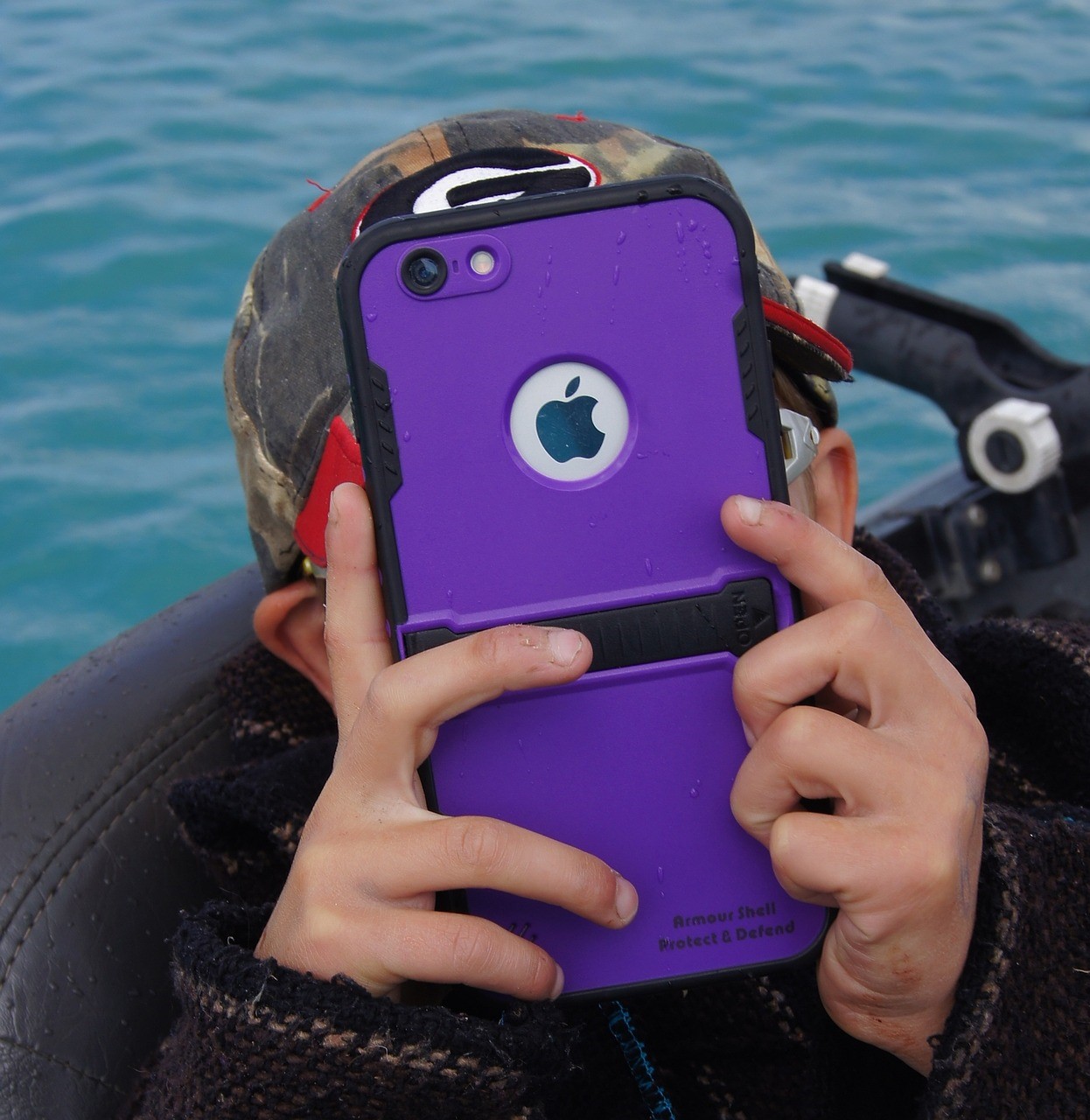6 Ways to Keep Your Kids Safe Online
| Contact Us | |
| Free Demo | |
| Chat | |
As children are increasingly targeted in online attacks, parents must take steps to instill secure computing habits and protect their kids' devices. Here are 6 tips for keeping your kids safe online.
Children are using computer technology and internet-connected devices at younger ages than ever. Unfortunately, the risks associated with being online will not wait just because they are young or because they are your children. Recent data breaches at toy manufacturer VTech (one of the worst data breaches of last year) and parental information company uKnowKids have exposed children’s information and made online safety for children a top concern for parents everywhere.
In the attack on VTech, a single 21-year-old hacker managed to breach the toymaker’s security, leading to the theft of information on over 11 million accounts. Most of these accounts belonged to children and the attack exposed kids’ IP addresses, histories, personal information and other information on their parents. They could also find out the birthdate, name and gender of any child who had an account.
The data breach at uKnowKids exposed even more sensitive information on children, as uKnowKids produces software that allows parents to monitor their kids’ communication and location information. In that incident, about 1,700 children had information ranging from social media details to GPS coordinates exposed due to a misconfigured database that was openly accessible over the internet. For a window of at least 48 days, anyone could theoretically access those children’s text messages and their exact location. While the researcher who discovered the exposed database notified the company immediately, the incident revealed the security risks associated with collecting and storing information on children online.

For parents, these incidents are bringing concerns over children’s safety and privacy online to the forefront. Parents today need to make sure they’re doing everything possible to educate their children on safe online habits and are accounting for the security of devices that their children use. Here are a few ways to help keep your kids safe online.
Use a Virtual Private Network
If you want to prevent your location from being tracked and protect your family on any network, the best thing to do is to get a Virtual Private Network. It connects your device to an offsite secure server and uses an encrypted connection to keep your data safe on that connection.
There are two main benefits to using a VPN. The first is that is masks your IP address, meaning that your children’s location cannot be tracked online. The second is that the encrypted connection protects your family on risky public networks so information cannot be intercepted. While you may not be able to get a VPN connected to every toy in your house, you can at least get one for your (or their) smartphone, computers, and other common devices.
Practice Basic Security Hygiene
Your children having a safe online experience starts with you having a safe online experience. This means keeping your computer in top shape when it comes to security and building secure habits online. Install a reputable anti-virus solution to make sure that your computer is clear of common viruses and malware. Other necessary steps include having strong passwords, updating the OS and all software regularly, and never downloading untrustworthy materials. Train yourself and your children on how to recognize common social engineering methods as well such as email or social media phishing.
Know Their Skill Level
If you have a better understanding of how good your children really are with computers and technology, then you will be better able to teach them about how to be safe online. For young children or children who aren’t familiar with computers, it may be worth getting them started with computer toys such as those created by LeapFrog or VTech. Once you’re confident in your kids’ computing experience, you can have them move on to more adult devices that have more protection options available to them.
Know Who They’re Talking To
If your children are old enough to be talking to people online, then know who those people are. If they are classmates, relatives or neighborhood kids, it is probably fine, but strangers or someone who could be pretending to be a friend to your child in order to get close to them could mean serious danger for your children. Be on the lookout for cyberbullying or people impersonating friends and family – it unfortunately happens more often than you may think.
There are social networks designed specifically for children that allow them to learn how to communicate online in a safe environment. Another option is to talk to other parents and arrange for a pen pal for your child. The more good options you give them, the fewer bad options they will consider taking.
Teach Them the Basics
No matter how old your children are, if they are using a computer, then they should know a few things, such as what a computer looks like when it is not working, simple electrical safety and that you should never give away any personal information online (go over what that might be). Show them what the security programs you run are, and explain to your children why they are important. Do the same with anything else you consider vital on the computer.
Explain to them that you will not be angry if something happens, and that if people approach them online, it is not their fault. Mention that even safety measures fail sometimes and that it is a bad idea to trust anything more than you when it comes to the computer. Make yourself a safe person to talk about computers with, and encourage your children to ask you any questions they might have.

Use Parental Blocks
Parental blocks are still useful for a younger child to keep them away from illicit content and accidentally stumbling into something dangerous. While you can try buying a program, it might be easier to see if your browser has any options available before pulling out your wallet. Attentiveness and strategy will always trump technology when it comes to protecting your children.
If you are worried about the possibilities of that same program or setting affecting you, then try to use a different browser than your children or have a different account on the computer to login to. Not giving them administrator access to your computer is a good idea regardless.
No one can expect perfect security no matter how much they want it, but in some cases, privacy and security breaches are preventable with the right measures and protections in place. Following these steps and instilling secure computer habits in your children from an early age can go a long way in keeping children safe online.
Cassie Phillips is a blogger for SecureThoughts. Follow her on Twitter @securethoughtsc.
Recommended Resources

All the essential information you need about DLP in one eBook.

Expert views on the challenges of today & tomorrow.

The details on our platform architecture, how it works, and your deployment options.